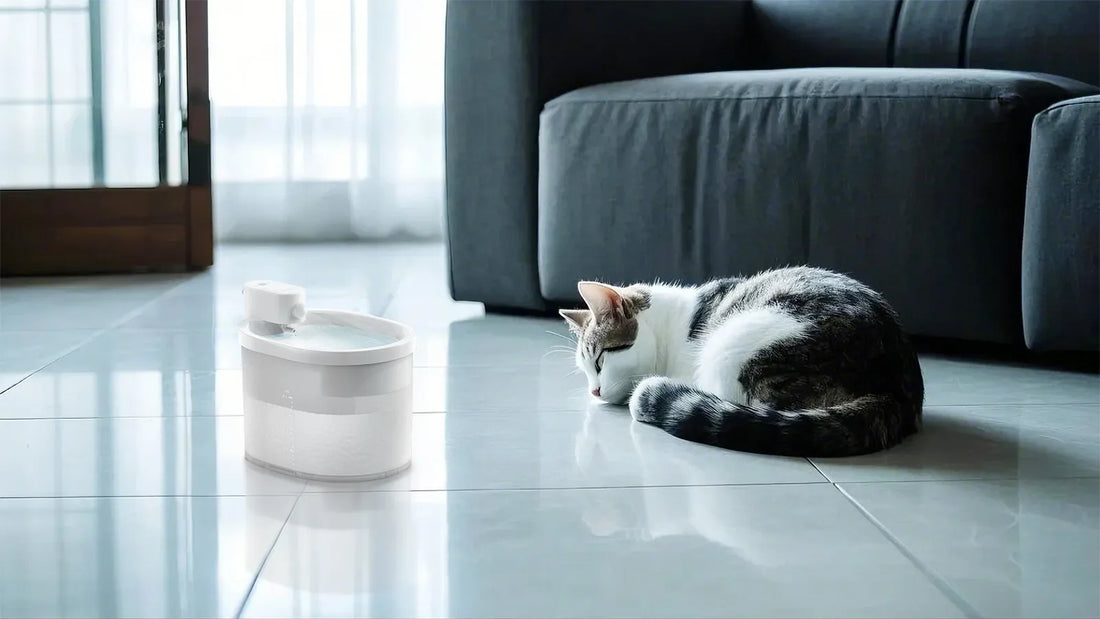If your dog is still itching after a flea bath, you're not alone. Many pet owners face this frustrating issue, wondering why the treatment didn't provide immediate relief. Understanding the causes and solutions can help you address your dog's discomfort effectively.
Why Is My Dog Still Itching After a Flea Bath?
There are several reasons why your dog might continue to itch even after a flea bath. Flea baths are designed to kill fleas on contact, but they may not eliminate all the underlying issues causing the itching. Here are some common reasons:
- Residual Flea Allergies: Flea saliva can cause allergic reactions in dogs, leading to persistent itching even after the fleas are gone.
- Dry Skin: The chemicals in flea baths can strip natural oils from your dog's skin, causing dryness and irritation.
- Incomplete Flea Removal: If not all fleas were eliminated during the bath, your dog may still be bitten.
- Secondary Infections: Scratching can lead to skin infections, which may cause ongoing discomfort.
How to Soothe Your Dog's Itching
If your dog is still itching after a flea bath, there are several steps you can take to provide relief:
- Moisturize the Skin: Use a pet-safe moisturizer or coconut oil to hydrate your dog's skin and reduce irritation.
- Anti-Itch Sprays or Shampoos: Look for products containing soothing ingredients like oatmeal or aloe vera.
- Medications: Consult your veterinarian about antihistamines or corticosteroids to reduce itching and inflammation.
- Environmental Cleaning: Wash your dog's bedding and vacuum your home thoroughly to remove any remaining fleas or eggs.
Preventing Future Itching After Flea Baths
To avoid this issue in the future, consider the following preventive measures:
- Choose the Right Flea Treatment: Opt for a flea bath product that is gentle on your dog's skin and effective against fleas.
- Follow Instructions Carefully: Ensure you use the flea bath as directed to maximize its effectiveness.
- Regular Grooming: Brush your dog regularly to remove fleas and debris from their coat.
- Monitor for Allergies: If your dog has a history of flea allergies, discuss preventive treatments with your vet.
When to See a Veterinarian
If your dog's itching persists or worsens despite your efforts, it's time to consult a veterinarian. They can diagnose underlying issues like infections or allergies and recommend appropriate treatments. Persistent itching could also indicate a more serious condition, so don't delay seeking professional help.
Your dog's comfort is a top priority, and understanding why they're still itching after a flea bath is the first step toward providing relief. By addressing the root causes and taking preventive measures, you can ensure your furry friend stays happy and itch-free.













